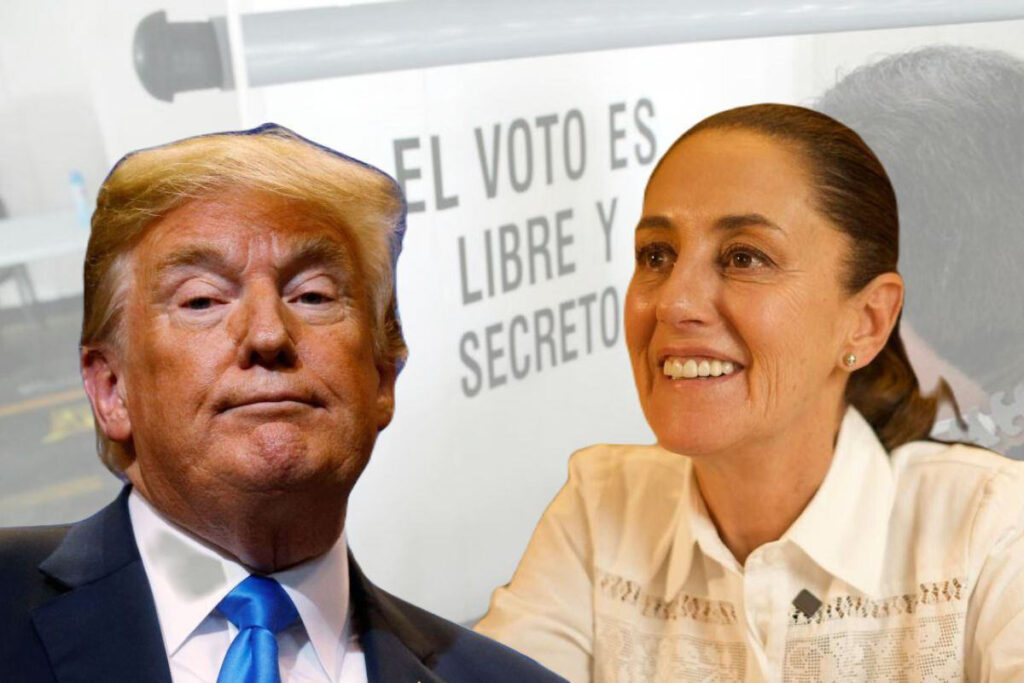Mexican President Claudia Sheinbaum firmly denied claims made by U.S. President-elect Donald Trump that she had agreed to close Mexico’s border with the U.S. during their recent conversation. Trump’s post on Truth Social stated that their talks were “productive,” with Sheinbaum allegedly agreeing to halt migration through Mexico to the U.S. However, Sheinbaum quickly refuted these claims, emphasizing that Mexico’s stance is to address migration through a comprehensive strategy, not by closing borders.
In her statement, Sheinbaum outlined that Mexico has worked closely with the Biden administration to reduce U.S. border crossings by 75% in the past year, and she reiterated that the country seeks to build bridges, not walls, between nations. Her position contrasts with Trump’s rhetoric, which included threats of imposing a 25% tariff on Mexican products to combat illegal immigration, crime, and drug trafficking, including fentanyl.
The tensions between the two leaders reflect a broader diplomatic divide. While Trump announced plans to sign executive orders imposing tariffs on Mexico, Canada, and China from his first day in office, Sheinbaum responded by warning of potential counter-tariffs if the plan proceeds. As this conflict continues to unfold, both the U.S. and Mexico face challenges in managing migration and trade relations in the midst of Trump’s aggressive policies.
President Joe Biden and Canadian Prime Minister Justin Trudeau have both expressed concern over the potential impact of Trump’s tariffs, with Biden calling them “counterproductive” for international relations. Meanwhile, China has denied any role in allowing fentanyl precursors to flow into the U.S., asserting that such claims are unfounded. The situation remains tense as all parties prepare for further negotiations and potential retaliations.



